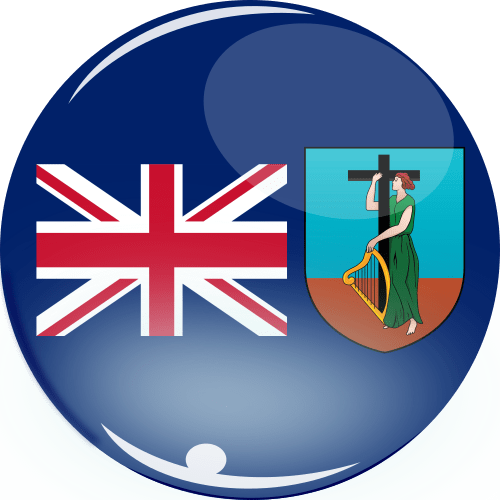Coral reefs are vibrant ecosystems that face a very uncertain future under current climate predictions. The Global Coral Reef Monitoring Network’s report, Status of the Coral Reefs of the World: 2020, highlights an alarming decline in coral cover globally. Coral bleaching and disease have led to mass coral mortality events, and this is only predicted to worsen with the increasing effects of climate change and associated ocean acidification. Declining coral cover results in a devastating loss of both biodiversity and the high value services provided by reefs such as storm surge protection, food security and tourism.
To combat this urgent threat, The Joint Nature Conservation Committee (JNCC) has developed a programme of work to support environmental resilience in the United Kingdom Overseas Territories (UKOTs) under the UK Government’s Conflict Sustainability and Security Fund (CSSF). As part of this programme, JNCC is working with the six Caribbean UK Overseas Territories (UKOTs), namely Anguilla, Bermuda, the British Virgin Islands (BVI), the Cayman Islands, Montserrat, and the Turks and Caicos Islands (TCI), to implement priority elements from their coral reef action plans to support coral reef conservation and restoration. The project covers four overarching themes of reef conversation: coral reef monitoring, outreach and education, reduction of pressures, and coral disease management.
A training workshop held at Montserrat Cultural Centre, between 7th and 11th March by the Ministry of Agriculture, Housing, Land and Environment (MAHLE), focused on training stakeholders from across government and non-government sectors in the Global Coral Reef Monitoring Network methods for surveying coral reefs (www.gcrmn.net).
Rigorous classroom sessions with Dr. Moshira Hassan of C3 International Ltd, an expert with over 30 years of research and teaching experience in coral reef science, will up-skill the trainees in the identification of fish, corals, algae, and other creatures seen on the reefs, such as lobsters, crabs, and sea cucumbers. Survey dives in sheltered reef areas, facilitated by Scuba Montserrat who has been supporting the wider project, will help them to put their new knowledge into practice and collect ‘real time’ data.
The long-term vision is to build a highly skilled national coral reef monitoring team capable of collecting and analysing scientific data to inform local management actions; a prerequisite for the conservation of Montserrat’s incredible marine biodiversity in the face of increasing threats from human and climate-induced changes. Furthermore, Montserrat will be equipped to contribute vital data to international publications on Caribbean and global coral reef health.
